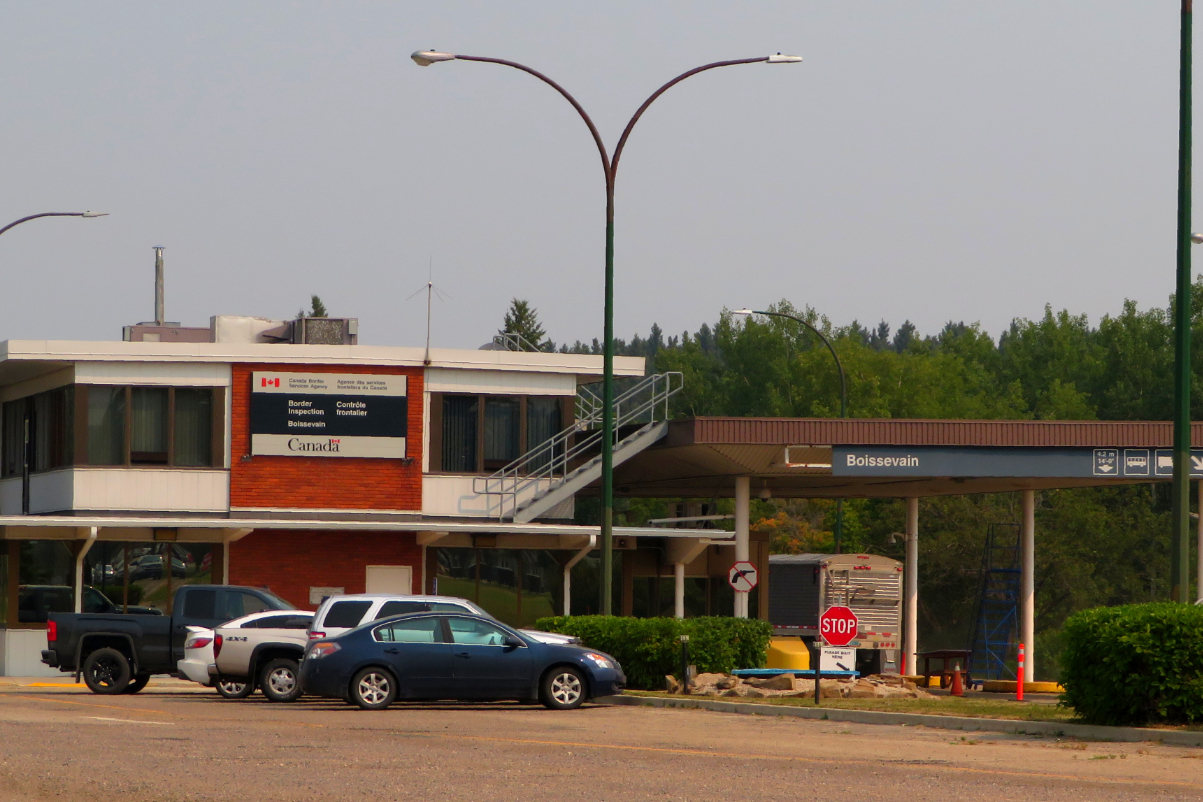Amadeus wants to be a player in the U.S. and thinks supplanting ITA at Kayak would do just that
Skift Take
Madrid-based travel-tech company Amadeus has a tangled history with ITA Software, and now Amadeus is looking to ride to Kayak's rescue and supplant ITA as Kayak's chief provider of airfare data.
Since June, when Amadeus and Kayak revealed that they would expand beyond their Europe partnership and begin to use Amadeus Meta Pricer for some U.S. flight results, too, there has been speculation about the depth of that new role.
But, Luis Maroto, the Amadeus CEO, pulled no punches when describing the plan August 3 during Amadeus' second quarter earnings call.
Replacing ITA
Asked whether Amadeus would displace or work in tandem with ITA at Kayak and new-customer-Hipmunk, too, Maroto said:
"No, the idea clearly is to replace ITA today. Well, that is what we are doing with them [Kayak]. As I said, with Kayak, we are already their provider in Europe and are progressively migrating ITA to us in the U.S."
The newly public Kayak has an option to renew its contract with ITA through 2016, but may not be able to get its most advanced features, and has been seeking an alternative provider since Google bought ITA in April 2011.
In addition to enhancing ties with Amadeus, Kayak hopes to establish more direct-connects with airlines, but carriers have been slow on the uptake.
Amadeus was an early investor in ITA, but the two companies ended their relationship years ago and had a falling out over ITA's bolder profile and expansion desires.
Now, Maroto, describing Amadeus' expanded relationship with Kayak and a new one to power international flight results for ITA customer Hipmunk, said Amadeus "aims to really compete with ITA as much as we can."
Although Amadeus may intend to shut out ITA on Kayak, the latter publicly is sticking to a diversified approach.
"Our intention is to continue using multiple data sources to provide the most comprehensive, fast and accurate results that we can," says Robert Birge, Kayak's chief marketing officer. "We intend to continue working with both ITA and Amadeus, and we can't speak to the business goals of Amadeus regarding our partnership."
Can Amadeus compete?
"But they are still a strong player, especially in the U.S.," Maroto said. "So the opportunity [with Hipmunk] is not going to be as big as with the case of Kayak definitely, unless things evolve in the future because all of these players are growing a lot."
Amadeus, a major global player in airline reservations systems and a global distribution system provider, as well, has been looking for years to crack the U.S. market. Years ago it landed a contract to host the United Airlines reservations system, but the airline's economic woes aborted that relationship.
Along with the recent Kayak and Hipmunk deals, Amadeus recently entered into a GDS relationship with Expedia, although volumes are slim at this juncture, and on the airline IT side of the business Amadeus struck a deal to handle the international portion of the reservations system for Southwest Airlines as it expands.
In the metasearch arena, Kayak has repeatedly said that ITA Software's is the superior airfare data solution so it remains to be seen if Amadeus is up to the task to truly knock heads with ITA.
"These contracts," Maroto said, referring to those with Kayak and Hipmunk, "continue to increase our visibility in the U.S. market, as well as reinforcing our role as a technology partner in the travel industry."
Data center issue is a central one
Maroto conceded that Amadeus is currently debating whether to establish a second data center, beyond the existing one in Erding, Germany, and whether the U.S. would be the best location for such a facility.
He noted that Amadeus is making incremental investments in the Erding center considering technical difficulties there early this year, as well as the complexities inherent in additional volumes of transactions from Kayak, and migrating new airlines to the Amadeus Altea reservations platform.
But, if Amadeus is serious about its U.S. ambitions -- and all signs are that it is -- then building a second data center in the U.S. would make for a solid foundation.




